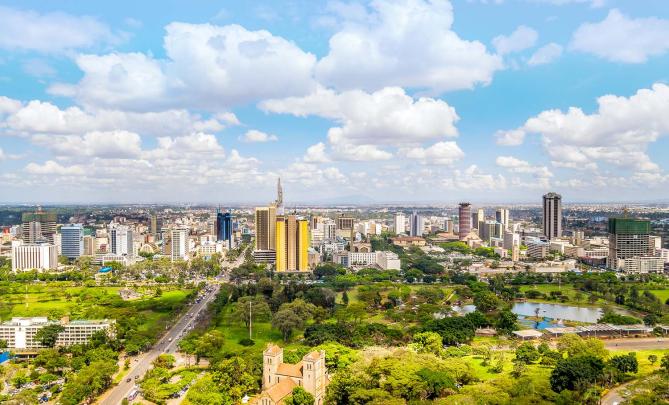Overview
Rapid urbanisation means that global challenges such as poverty, environmental degradation, climate change, conflict and rapid population growth, including through migration and forced displacement, are to be dealt with in urban locations. At the same time, this rapid urbanisation makes it easier for cultures to mix and for knowledge to be exchanged, both of which are factors that promote innovation. Well-managed urban and territorial development can thus offer innovative solutions for these global challenges, turning them into opportunities for sustainable development.
The importance of cities and local authorities in the development process has been highlighted in recent international and EU policy documents. Sustainable Development Goal (SDG) number 11 of the UN 2030 Agenda aims to ‘Make cities inclusive, safe, resilient and sustainable’. Many other sustainable development goals have clear urban dimensions.
The Urban Agenda for the EU also reiterates the principles for sustainable urban development contained in the sustainable development goals.
The EU’s external policy has supported urban development for many years, but mainly from a sectoral perspective (focusing on areas such as infrastructure, water and sanitation, waste management). The European Consensus on Development, between the EU and its Member States, stresses the need to focus more on cities and local authorities as important actors in achieving the sustainable development goals. This requires the EU to promote a more integrated approach to urban development, including by strengthening the development-humanitarian nexus. This can be achieved by involving the private sector and by finding additional sources of funding for EU investments.
EU Strategic Priorities
In 2018, the SWD on the EU’s Cooperation with Cities and Local Authorities in Third Countries was adopted. The support by the EU external cooperation policy to the planning, financing, and governance of cities is accompanied by an integrated and territorial approach to urban development, with a specific focus on the following four areas:
- Good urban governance at various levels of administration (local, regional, national) and between different actors (elected officials, civil servants, citizens’ groups etc.). This fosters civic engagement and ensures inclusive participation in integrated planning and public finance management.
- The social dimension of urban development through inclusive and safe cities in order to better address urban poverty, inequalities, food insecurity, malnutrition, forced displacement, migration and social exclusion.
- Green and resilient cities through the sustainable use of natural resources and protection and enhancement of natural capital (energy efficiency and biodiversity in cities) and the transition towards a low-carbon, climate resilient and circular economy. This reduces the risk of and vulnerability to natural disasters and the ecological, economic and health impacts of pollution.
- Prosperous and innovative cities with a focus on sustainable growth and job creation, fostering a responsible business environment and making it attractive to invest in the ‘green economy’ and in clean technology.
Please see other INTPA sector guidances for more information on results and indicators in the field of forced displacement, food and nutrition security and sustainable agriculture, as well as nutrition.
Policy and Strategic Documents
- Neighbourhood, Development and International Cooperation Instrument (NDICI) (2021)
- Action Plan on Human Rights and Democracy (2020-2024)
- GAP III objectives and indicators (SWD2020 - 284 final)
- SWD on the EU’s Cooperation with Cities and Local Authorities in Third Countries (2018)
- New European Consensus on Development (2017)
- UN 2030 Agenda
- Urban Agenda for the EU
